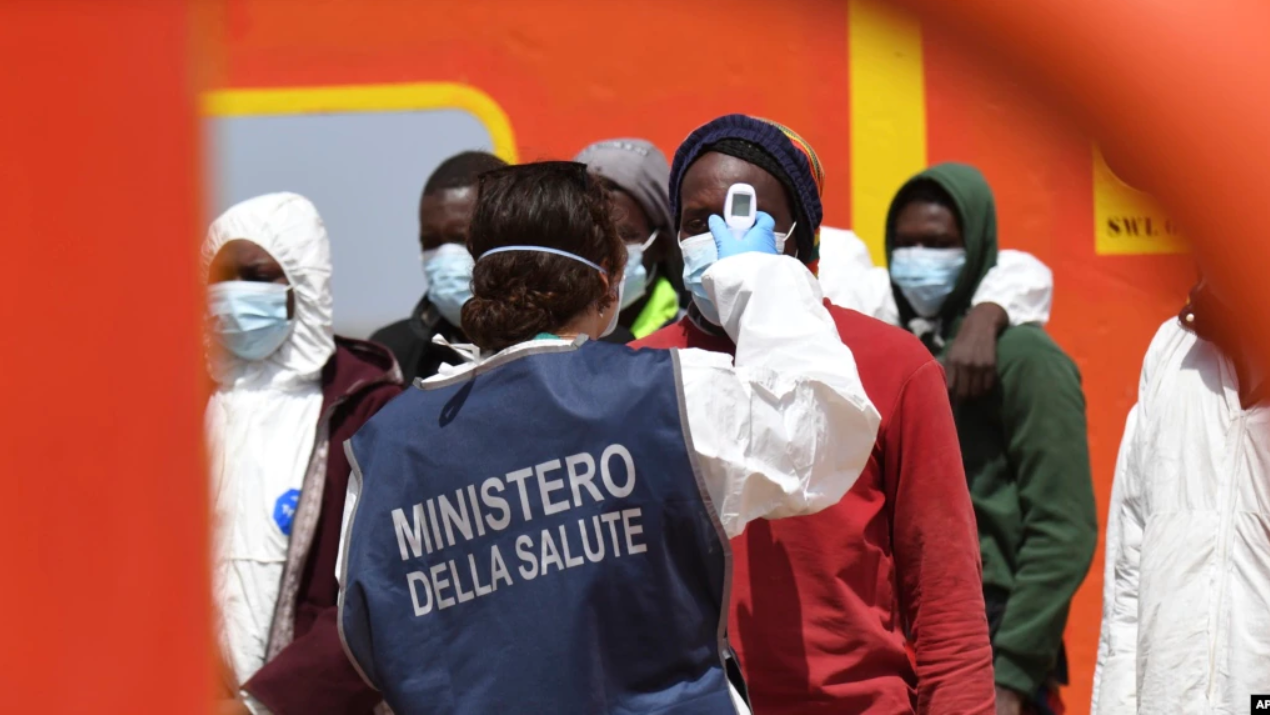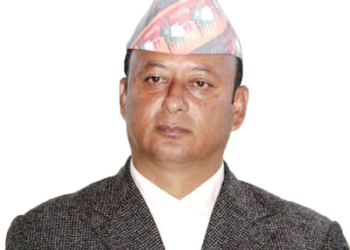GENEVA: A new study shines a light on the health risks, challenges, and barriers faced daily by millions of refugees and migrants who suffer from poor health because they lack access to the health care available to others in their host countries.
The World Health Organization has just published its first world report on the health of refugees and migrants. WHO Director-General Tedros Adhanom Ghebreyesus called it a landmark report and an alarm bell.
He said the report reveals the wide disparities between the health of refugees and migrants and the wider populations in their host countries.
“For example, many migrant workers are engaged in the so-called 3-D jobs—dirty, dangerous, and demanding—without adequate social and health protection or sufficient occupational health measures,” he said. “Refugees and migrants are virtually absent from global surveys and health data, making these vulnerable groups almost invisible in the design of health systems and services.”
Tedros noted that one billion people or one in every eight people on Earth is a refugee or migrant. He said the numbers were growing. Tedros added that more and more people will be on the move in response to burgeoning conflicts, climate change, rising inequality, and global emergencies, such as the COVID-19 pandemic.
He said the health needs of refugees and migrants often are neglected or unaddressed in the countries they pass through or settle in.
“They face multiple barriers, including out of pocket costs, discrimination and fear of detention and deportation,” Tedros said. “Many countries do have health policies that include health services for refugees and migrants. But too many are either ineffective or are yet to be implemented effectively.”
Waheed Arian, an Afghan refugee and a medical doctor in Britain, recalls the conditions under which he and his family lived in a refugee camp in Pakistan during the late 1980s. He said they were exposed to many diseases, including malaria and tuberculosis.
“The conditions that we see in refugee camps now in various parts of the world – they are not too dissimilar to the conditions that I experienced firsthand,” he said. “Although we were safe from bombs, we were not physically safe. We were not socially safe, and we were not mentally safe.”
WHO chief Tedros is calling on governments and organizations that work with refugees and migrants to come together to protect and promote the health of people on the move. He said the report sets forth strategies for achieving more equitable, inclusive health systems that prioritize the well-being of all people. (voanews.com)









Comment